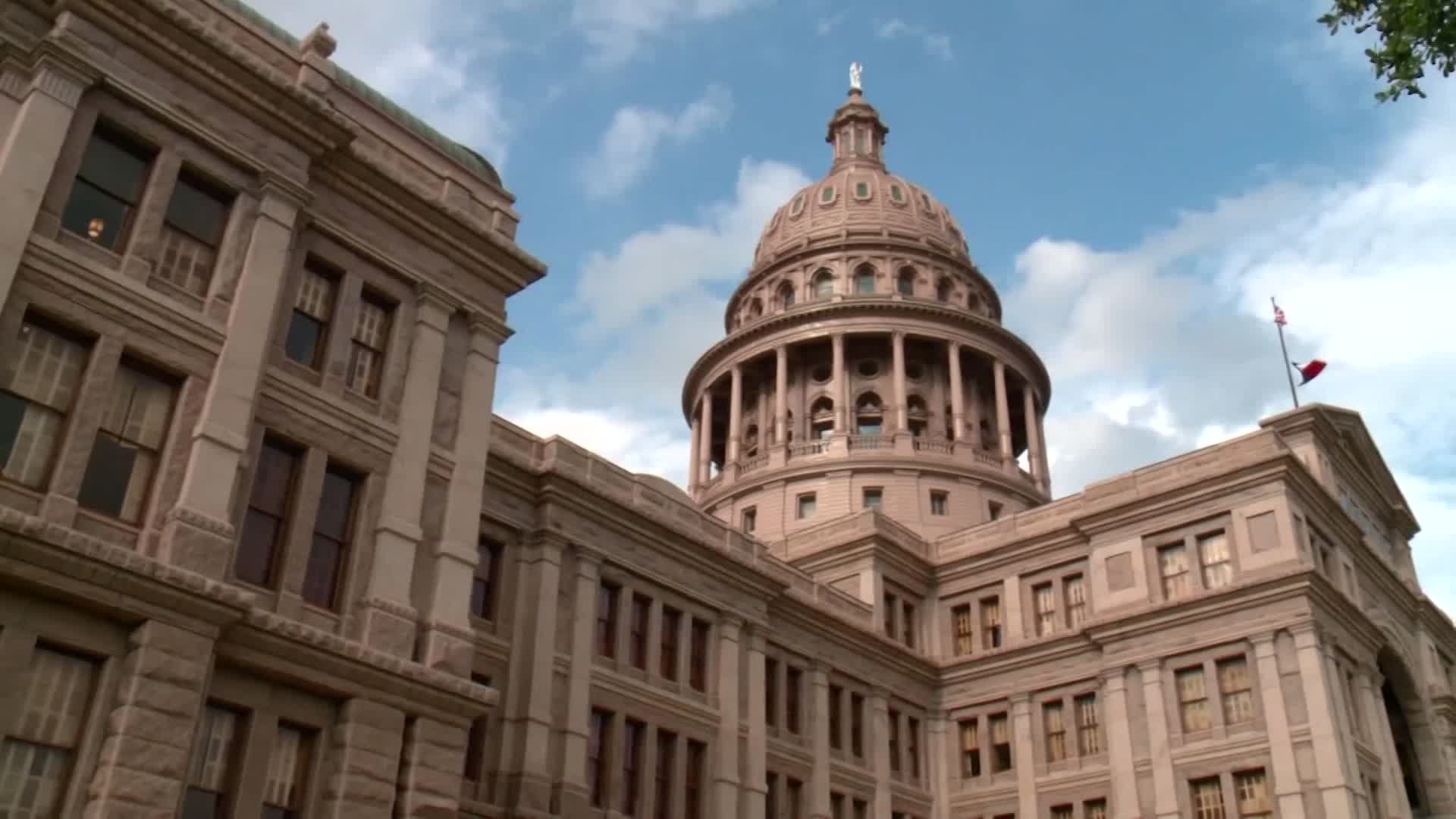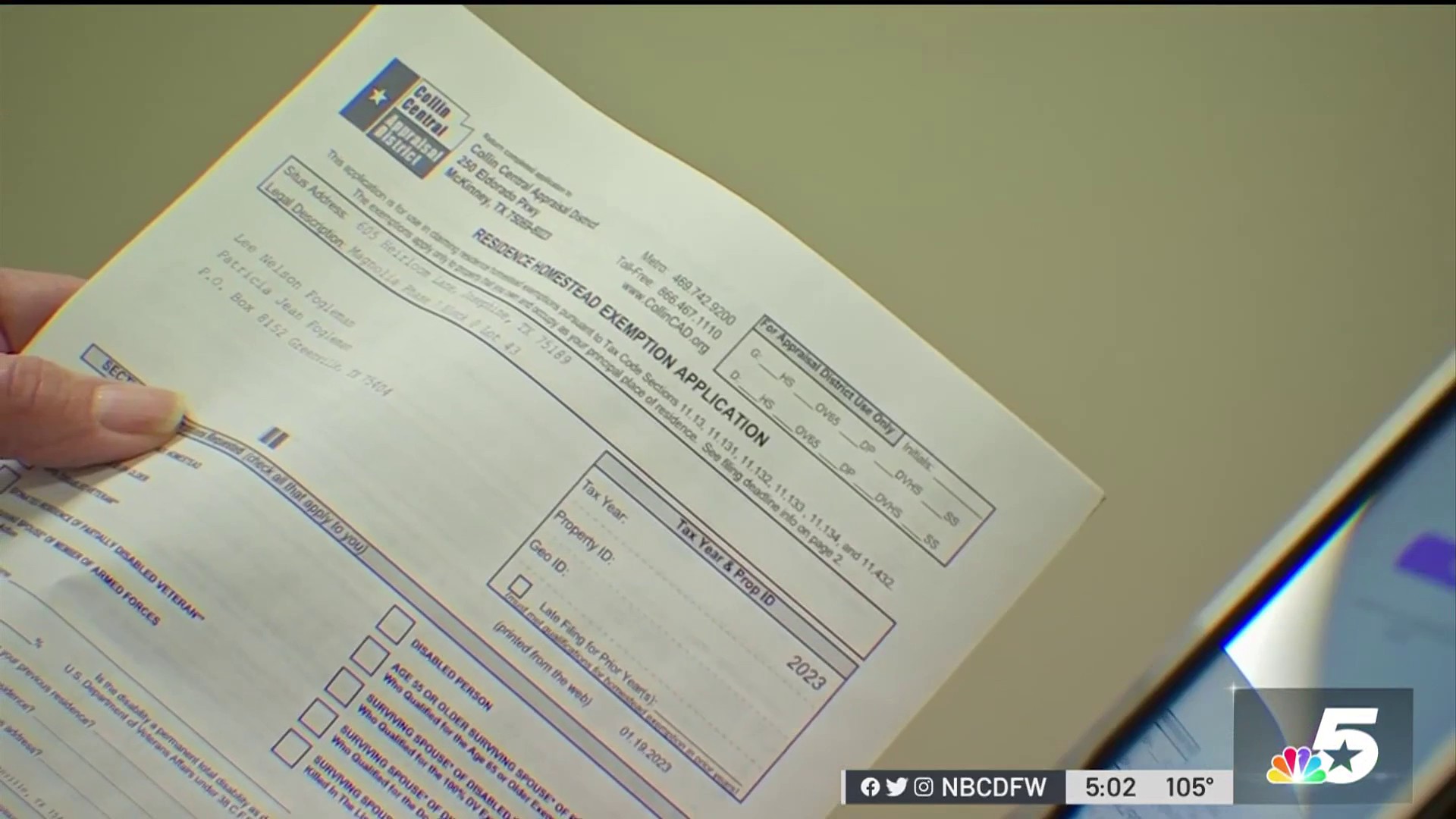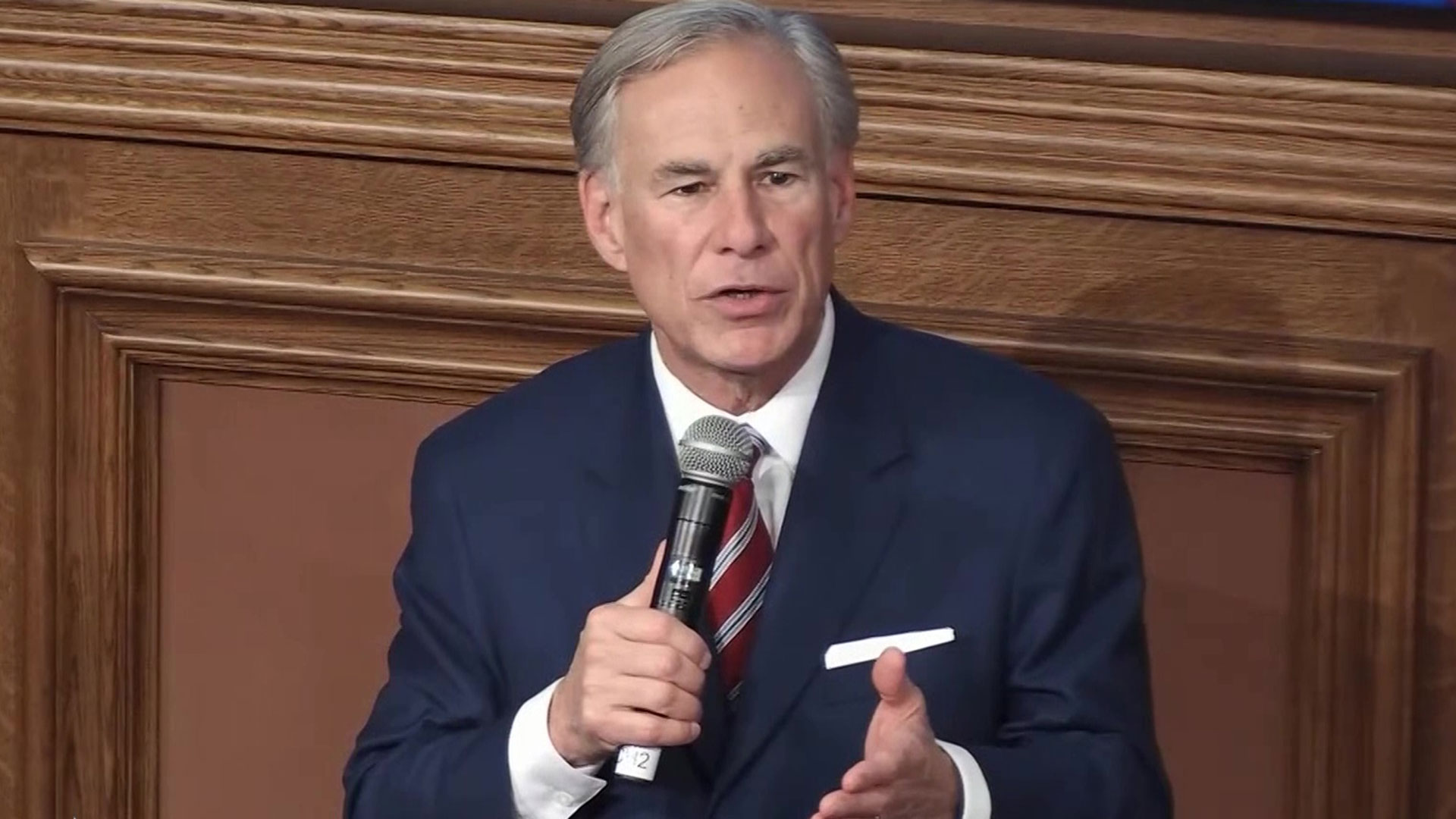After a bitter several-month-long feud between top Republican leaders, the Texas legislature sent a bipartisan property tax relief package to Gov. Greg Abbott (R) to sign into law. Thursday, the Republican-led House and Senate signed off on three bills after both chambers struck a deal earlier this week.
"I look forward to signing this legislation into law to provide Texans with the largest property tax cut in Texas history," Abbott said.
The plan requires a change to the state constitution, so once signed by the governor Texas voters will still have to approve the measure during an election this November.
A large chunk of local property taxes goes to local public school districts. State law, through a complicated formula, requires property owners and state government to come up with most of the money. Under this new plan, public schools will get the same amount but billions more will come from the state, easing the burden on property owners.
Get top local stories in DFW delivered to you every morning. Sign up for NBC DFW's News Headlines newsletter.
The $18 billion package largely benefits the 5.7 million homeowners in the state. Roughly $7 billion of the plan adds more state money to lower the property tax rate by 10.7 cents for every $100 of value. More than $5 billion of the plan goes to raising the homestead exemption from $40,000 to $100,000. The extra money goes to a higher exemption of $110,000 for property owners over the age of 65. The package includes $5 billion already signed off by lawmakers back in 2019.
“I have been fighting for property tax relief at the Texas Capitol since 2003, four years before I was elected to the Senate, and I have not stopped since then,” Lt. Governor Dan Patrick (R) wrote in a statement to NBC 5.
Businesses and commercial real estate owners will also benefit in the future. If signed, some commercial properties will see a cap on tax appraisals at 20% for three years. Small businesses which make up to $2.47 million in total revenue will no longer pay the state franchise tax.
"The passage of this $18 billion package is a testament to the unwavering commitment of Texas leaders to address the concerns of taxpayers and provide significant relief from the burden of escalating property taxes,” said Speaker of the House Dade Phelan (R-Beaumont, District 21).
The plan passed 31-0 in the Texas Senate. As of Thursday afternoon, the Texas House approved the cut to the business franchise tax 127-5. The House approved the homestead exemption 132-4.
It’s unclear how much this reform will lower tax bills for individual properties in the years ahead. The state’s strong economy and hot real estate market will likely continue to increase property values thereby increasing the total tax bills. However, the senate author of the bill said it will save the average homeowner in a $300,000 home around $1,300 next year.
Thursday, lawmakers approved the property tax relief in Senate Bill 2, a cut to the franchise tax in Senate Bill 3, and a bill setting up the constitutional amendments to be approved by Texas voters in House Joint Resolution 2.
This ends a more than half-year saga. Texas lawmakers walked into the state capitol this legislative session with a $33 billion budget surplus brought on by higher consumer spending after the pandemic, increased energy prices, and a few billion in federal aid to combat COVID-19.
Patrick, leader of the Texas Senate, wanted the large homestead exemption to benefit homeowners. Phelan and many House members wanted to spend the new money to lower – or “compress” – the school property tax rate, which would benefit business owners, large properties, along with homeowners. Abbott supported the House plan.
Throughout the process, Abbott advocated for more tax rate cuts in the hopes of eventually eliminating the tax property owners pay to operate local school maintenance and operations.
“Zero is what we want you to pay for your property taxes in the state of Texas,” Abbott told a crowd at the Texas Public Policy Foundation, a conservative think tank, earlier this year.
Patrick told conservative radio host Chad Hasty that plan was a “fantasy” because it would require state lawmakers to consistently put in tens of billions to stave off cuts to education. He advocated for a permanent, constitutionally required, benefit – the homestead exemption.
The final agreement has a mix of both ideas along with a pilot program and other benefits. All three main Republican leaders back the new agreement.
A permanent lower limit on how much property values can rise every year – known as an appraisal cap – did not pass.
Direct relief to renters did not pass either. Earlier in the special session, Democrats in the Texas House filed a bill that would’ve sent a 10% rent refund to tenants.
Rep. Morgan Meyer (R-University Park, District 108) was the House’s main point man on the tax cuts and said in a hearing on the bill that he hoped landlords would pass down savings to renters.
“As taxes have gone up, they’ve had to increase rent to be able to pay those taxes. Well now we’re providing that tax relief which will then get passed on to renters,” said Meyers.
Thursday morning, Rep. John Bryant (D–Dallas, District 114), tried to rally Democrats to attach a teacher pay raise measure to the package. Through procedural "points of order" Republicans kept major changes away from the bill because lawmakers can only work on items within Governor Abbott's call for a special session.
"Of course, it's frustrating but that's part of the work here. I raise points of order against their amendments as well," said Rep. Byrant.
State leaders have indicated they expect the governor to call another special session in October to deal with education reforms and teacher pay raises.
Texas has some of the highest property taxes in the nation. The state has no income tax and a middle-of-the-road sales tax. According to a poll by the Texas Politics Project at the University of Texas at Austin, four out of 10 Texans expect their property tax bills to go up next year.
Adam and Casey Hughes are two of the more than 5.7 million Texas homeowners. They bought their Austin house in 2020 just before the pandemic.
"This was our first home and our first go at it in understanding what the homestead exemption was," Hughes said.
Three years ago they say they paid roughly $5,400 a year in property taxes. This year, they say their bill will be closer to $7,200 for the same house.
“Many households aren’t able to save with what inflation has done and the cost of living for people who have kids. Cost of childcare can oftentimes be more than a mortgage," said Adam.
Next year, the Hughes will likely see hundreds of dollars in relief. Adam wants to save the future. Casey wants something different.
“I think we can go on some more dates," she said.




